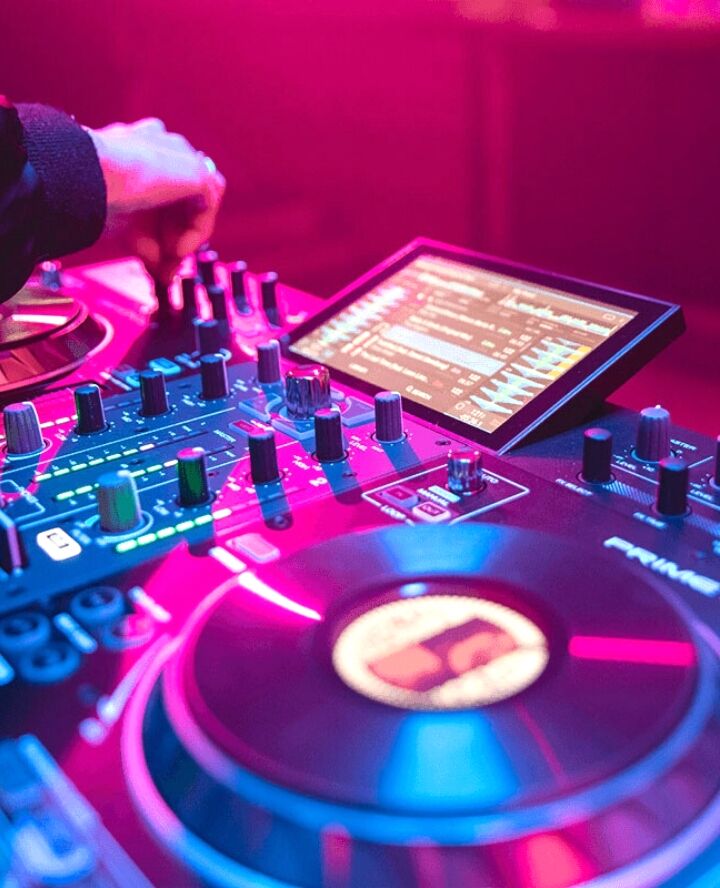Who does Denon DJ aim its products at?
I just mentioned it: In a nutshell, pro DJs. They could be touring DJs, event/mobile DJs (Denon DJ’s gear is still immensely popular within this niche), but also “serious” hobbyist DJs – especially the kind of DJs who are early adopters of new DJing technology.
Nowadays, Denon DJ’s focus is also squarely on DJs who want standalone equipment (ie gear that they can DJ on without a laptop). While in the past Denon DJ has had equipment that can be used with a laptop in the DJ booth, all of its current product range is primarily aimed at DJs who prefer to DJ without a laptop when performing.
How to use this article
In this article, we’ll look at all of Denon DJ’s current product range, to help you choose what set-up may be right for you. We’ll also compare Denon DJ to its big rival, Pioneer DJ, we’ll explore the software Denon DJ uses to help you understand its importance within the Denon DJ ecosystem, and we’ll even take a look at legacy Denon DJ equipment and let you know what is safe to buy today, and what you may want to give a wide berth to.
We’ve linked to our full reviews of pretty much all of the gear featured, here, too, which usually also have an accompanying video review, so you can get really deep into comparing the kits and researching your options, should you wish.

